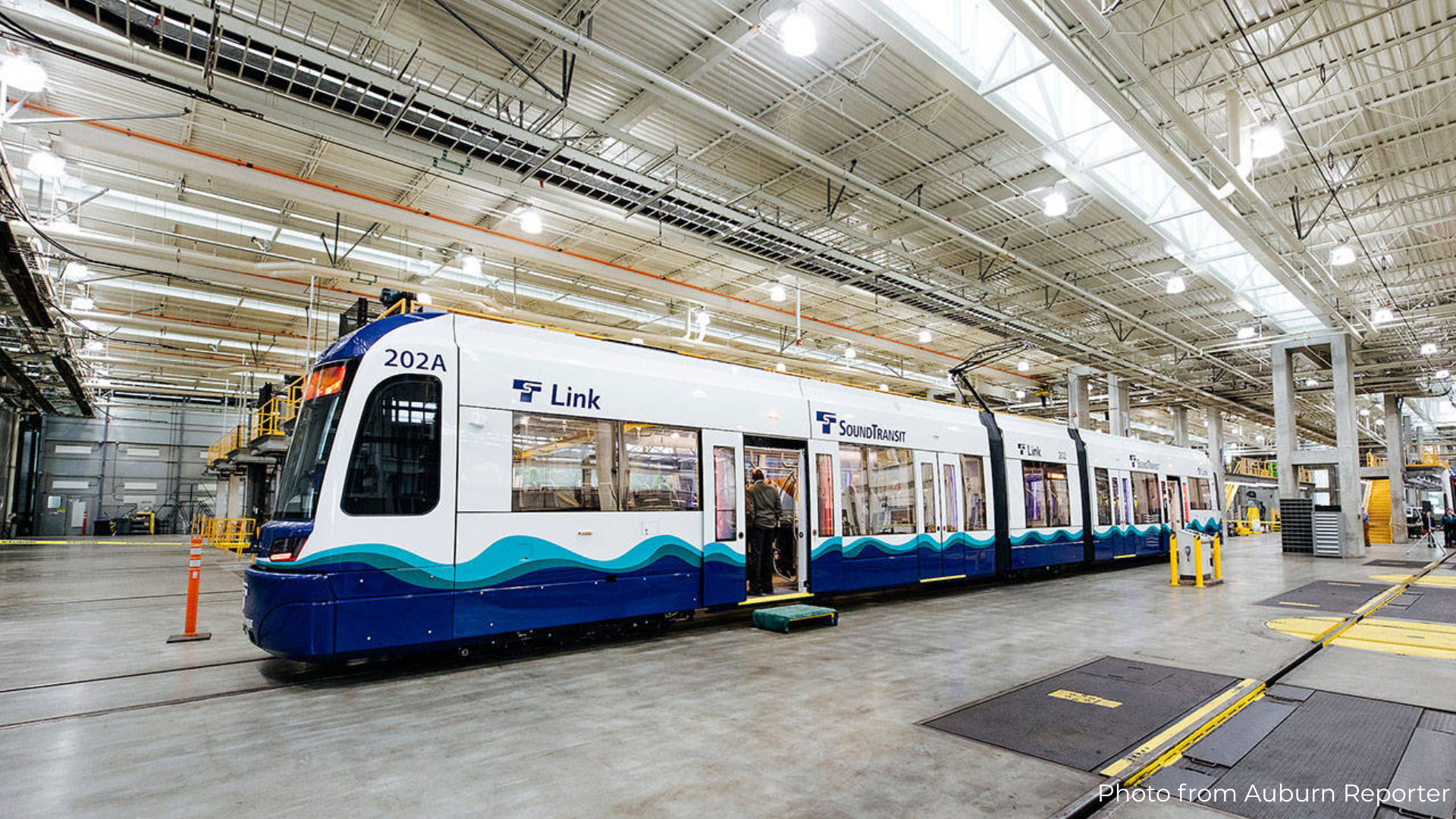In 2015, Sound Transit approached the legislature for authority to increase the Motor Vehicle Excise Tax (MVET) from the existing 0.3% to 1.1%, as part of the Sound Transit 3 tax package. The request came in the form of Senate Bill 5987 which, once approved by the legislature, went to the ballot in November 2016. It passed and the rest would have been history, but then people in the taxing district started receiving astronomically high car tabs in the mail.
We learned that the vehicle valuation schedule referenced by SB 5987 was passed by the legislature in 1996. It was updated in 1999 after the passage of Referendum 49, and was eventually replaced with a new schedule in 2006. This, however, didn’t stop Sound Transit from referencing and claiming they must use the 1996 valuation schedule in SB 5987 even if it severely overvalued vehicles, and even though it was actually not the depreciation schedule the agency was using.
Some lawmakers questioned whether the 2015 authorizing statute was drafted constitutionally. Since the original valuation was no longer in state law, how was this even legal?
This is the crux of the argument detailed in Taylor Black vs Sound Transit (#52664-6-II). The plaintiff argues that when SB 5987 referred to a valuation schedule that no longer existed, it thereby amended the actual, existing valuation schedule. But it did not recite that schedule and detail the changes. Therefore, it ran afoul of the Washington State Constitution (Article II Section 37).
Fast forward a few months – the trial court judge ruled against taxpayers, taxpayers appealed, and after the court was fully briefed, Sound Transit requested preferential treatment in the transfer of the case to the Supreme Court. Their request was granted.
Today was the first hearing – the presentation of oral arguments.
I attended the hearing and shared some of the highlights here.
Prompted by a finding reported by the plaintiff 24 hours prior that the agency is using the repealed 1999 depreciation schedule for car tab tax purposes, and not the 1996 schedule they have claimed all this time they are compelled by law to use – the state Attorney General’s office declined to participate in oral argument one hour prior to the hearing. Much of the hearing was spent discussing this discrepancy.
My favorite moment at the hearing
However, one of my favorite moments came at the end, after Sound Transit’s oral argument in which the agency’s lawyer said their lack of compliance with the drafted law and the confusion it caused for the public didn’t matter. He also explained why the statute, in Sound Transit’s view, was not drafted unconstitutionally or deceptively.
He went on to make his third big point, which is that a ruling against Sound Transit would cost the agency money.
He said, “The case is of enormous consequence to Sound Transit. The loss of MVET revenue would represent the loss of between $15 and $18 billion dollars in revenue to the agency...Without that revenue it means...we would have to eliminate or substantially delay a number of major projects...”
He was interrupted by Justice Gonzalez, who asked, “Why is the importance relevant to what the law is here? Why reference that?”
Sound Transit’s lawyer responded, “It relates to the fact that the standard of proof is that you don't rule statutes unconstitutional unless they're beyond a reasonable doubt.”
“But we would do that whether it was $1 or the amount you indicate, right?” Justice Gonzales posited.
Sound Transit: “Um, uh, yes. But this case is of substantial importance...”
Justice Gonzales is right – why should the financial impact to Sound Transit have any bearing on the case? The law is either constitutionally drafted or not.
That Sound Transit appealed to their standard talking points about what losing this case could cost them – an agency that brings in about $120,000 per hour in revenue while families have to budget to pay exorbitant car tab tax overcharges each year – was the height of elitism.
The Supreme Court justices could issue a ruling any time, but I would anticipate a ruling by the end of the year. If you recall, in their request for transfer from the state Court of Appeals and expedited review by the Supreme Court, Sound Transit claimed they needed a ruling by December 2019 so they would not lose out in securing federal grants and low interest loans.
When we wrote about this request in July, we noted Sound Transit officials will have to come up with a better argument in court than “We need the money.” That is exactly the argument they tried to conclude with today, and they were quickly shut down.
We will continue to track this case and bring you updates as they become available.






